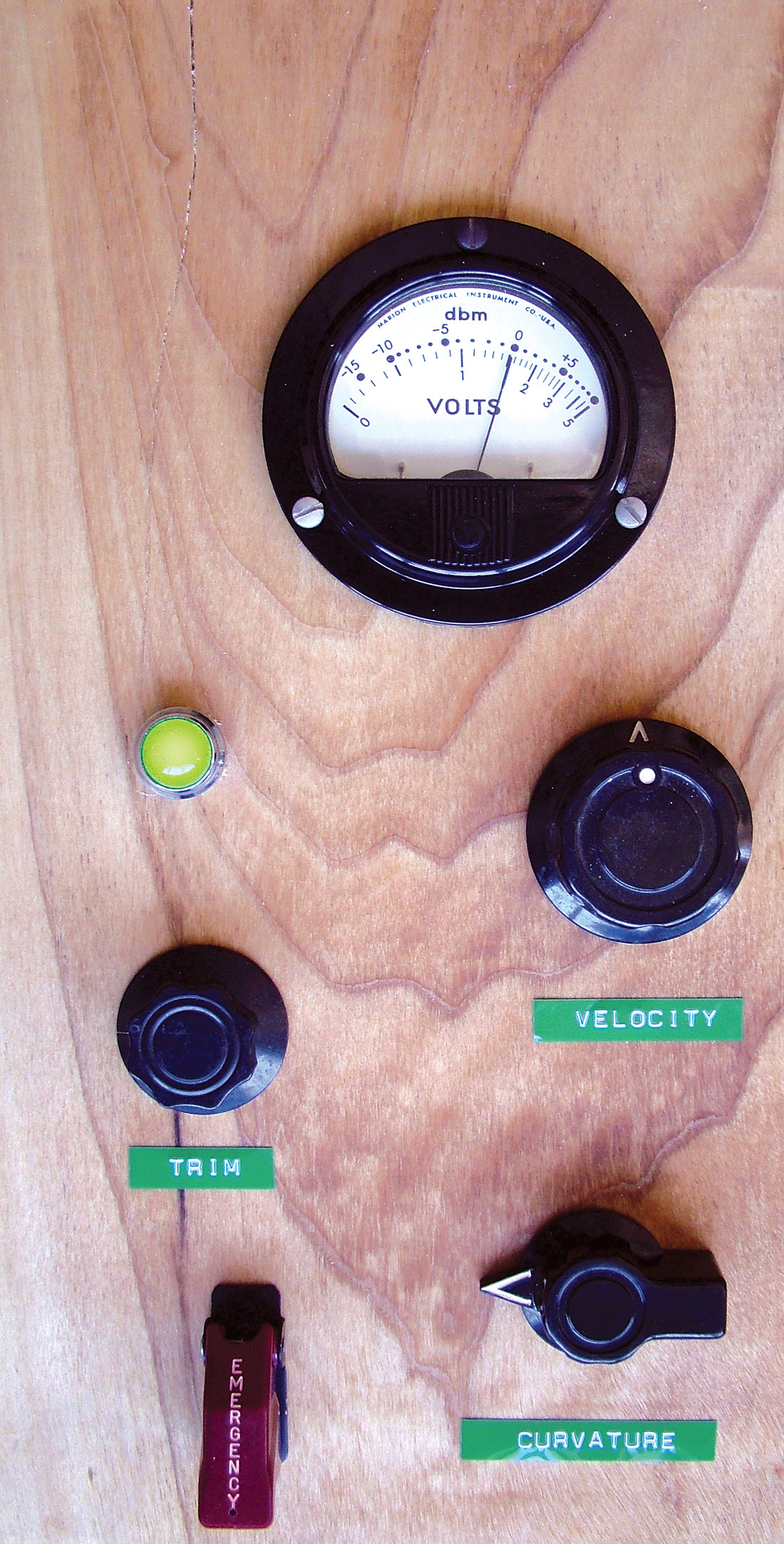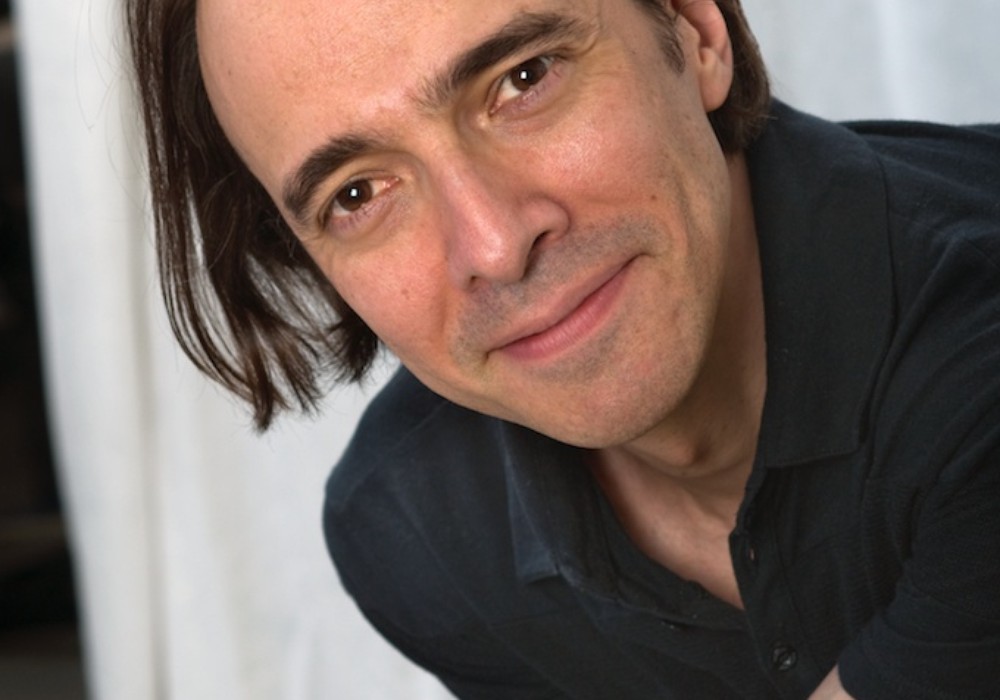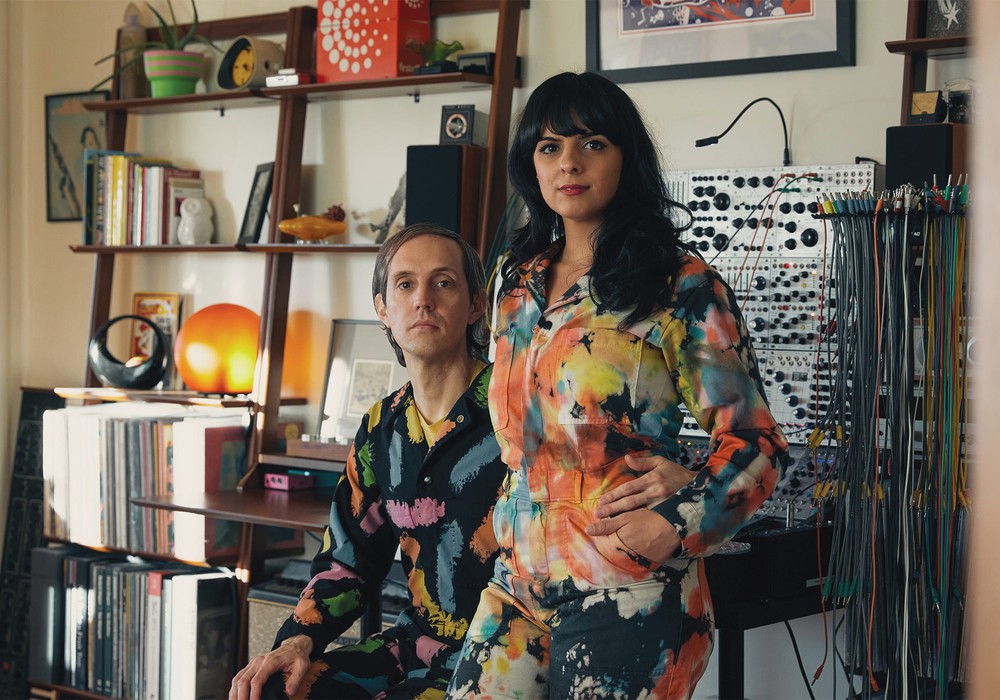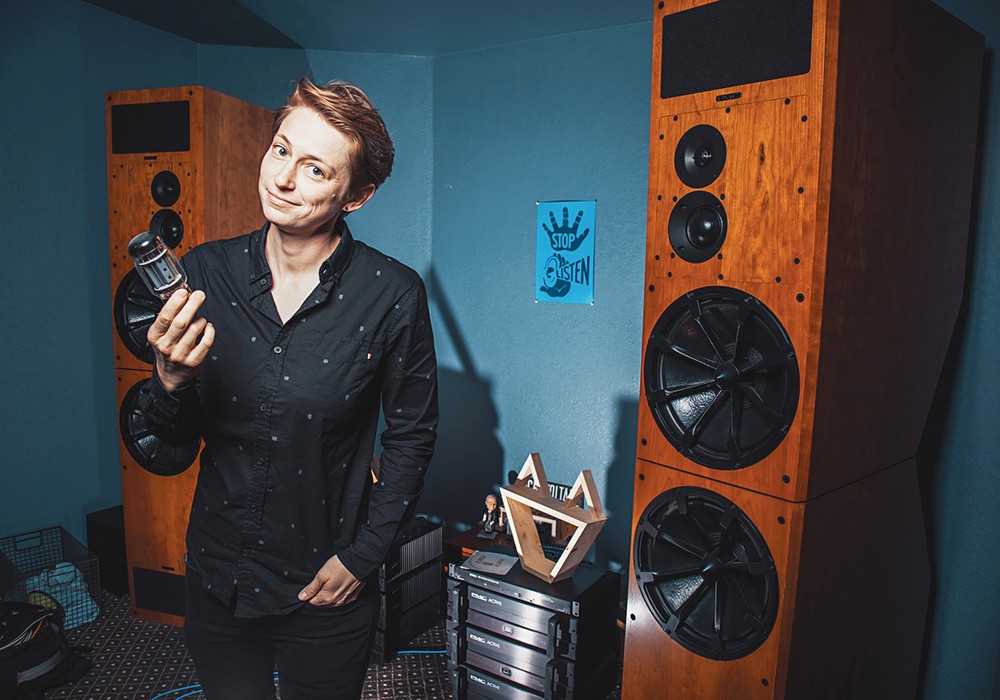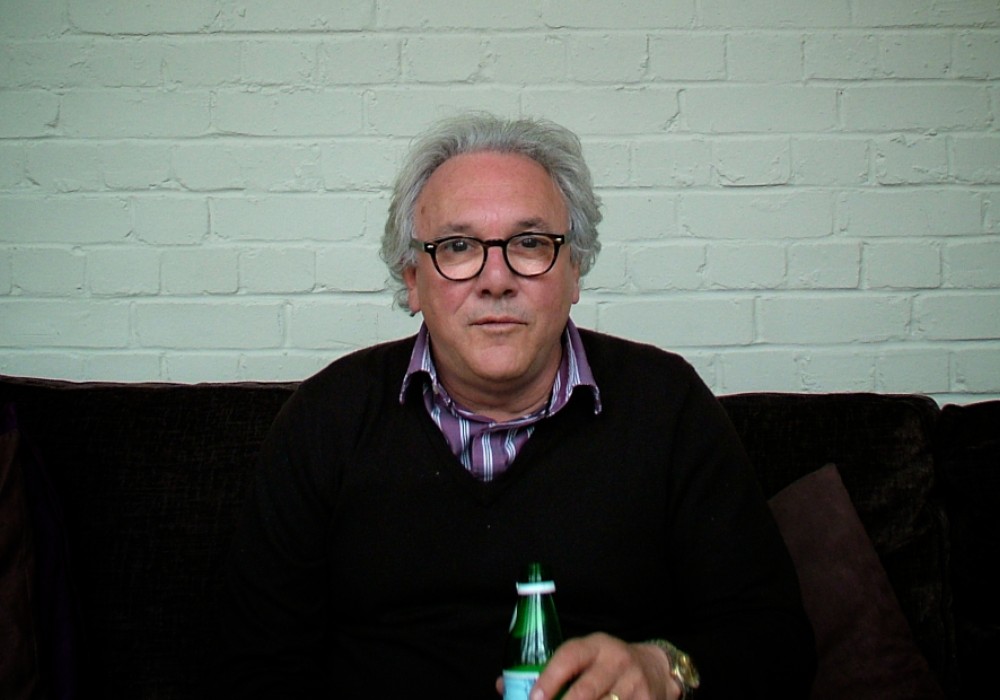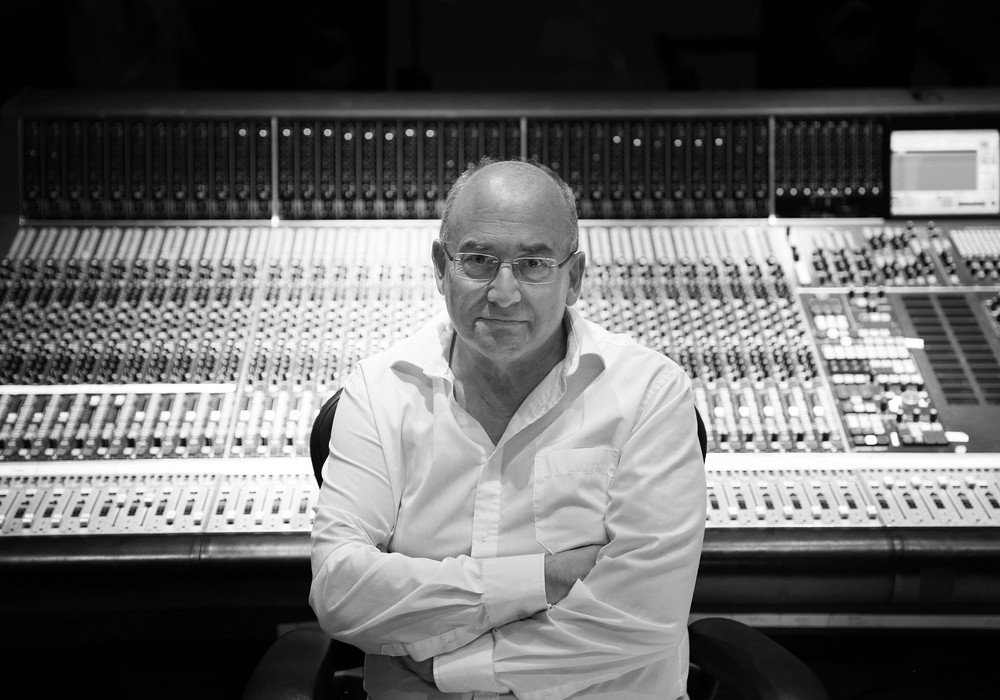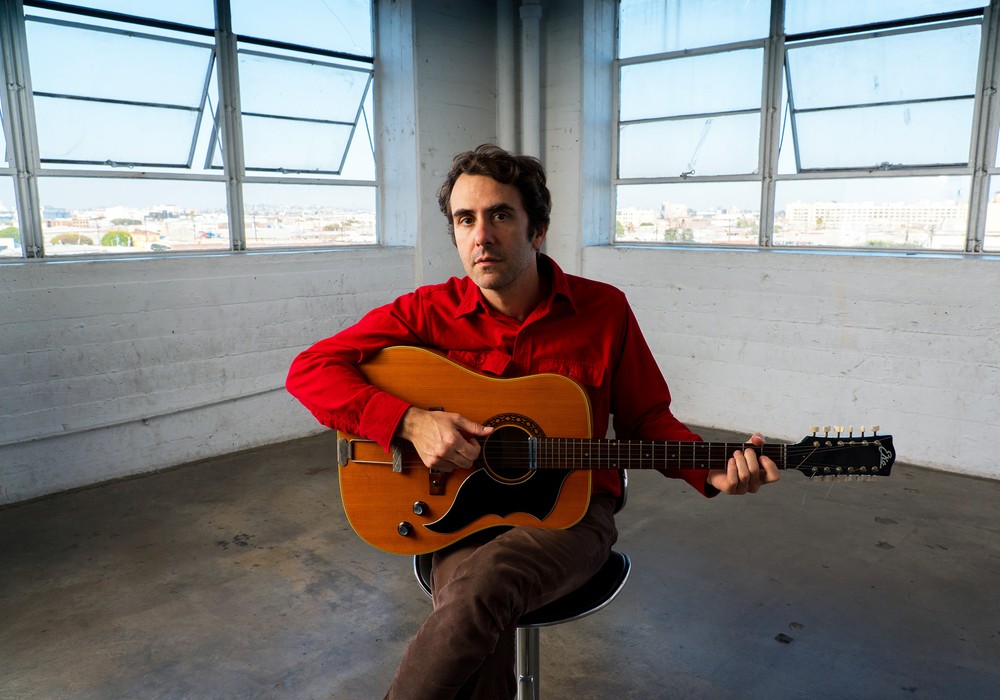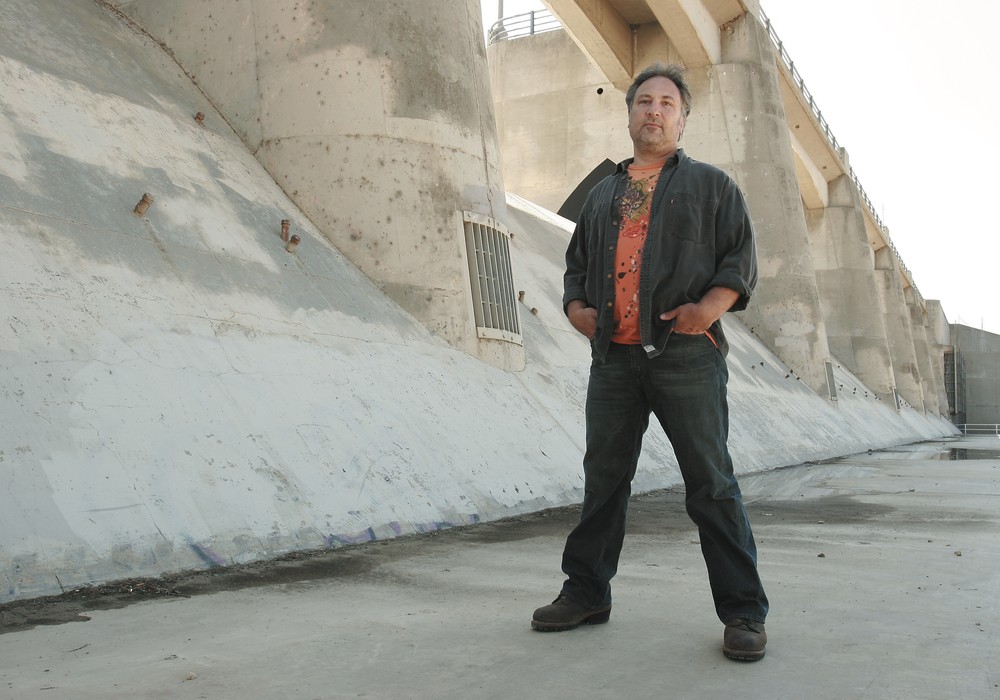There are few audio engineers and music producers as legendary as Bruce Swedien. If all he had done was engineer Michael Jackson's Thriller, the world would know his name. But he has done far more. In his teens he worked in studios, as well as opening his own, Swedien Recording, in Minneapolis. Soon he was off to Chicago to work for RCA Victor, and later for Bill Putnam at the legendary Universal Recording. Eventually Bruce ended up in Los Angeles and, along the way, began working with Quincy Jones, which led to his long-standing recording relationship with Michael Jackson. He's won five Grammy Awards. He's recorded big band and jazz greats like Count Basie, Duke Ellington, Dizzy Gillespie, Lionel Hampton, Oscar Peterson and Herbie Hancock. He's made memorable pop records with Roberta Flack, Mick Jagger, Jennifer Lopez, Paul McCartney, Diana Ross, Chaka Khan, Barbra Streisand and Donna Summer. He is a legend, and we were lucky enough to spend an amazing afternoon talking with Bruce and his assistant, Ramsees Mechan.
So, let's talk about your past. I read that your dad gave you a disc cutter when you were young.
Yes, when I was ten years old. My dad saw my interest in capturing music. It was actually a wire recorder. It recorded magnetically on wire. The quality was really bad — everything was mono. I started working when I was in high school, in the '50s. I had a basement studio in Minneapolis with a guy that really understood equipment. Above all, he understood cutting lacquers.
Were you cutting sessions live to disc in that studio?
No, we never really did. It was the most literal interpretation of a basement studio that I've ever been in. It was in a room next to the furnace. We had a beautiful disc recording setup. We would go out and record. Most of the stuff was actually weddings and things like that. I've even done some funerals. You have to remember that I started very young. When I started in music recording in Minneapolis, I was 14 years old.
You worked in Minneapolis for a while. You even took over a theater and opened Swedien Recording, right?
Yeah. It was on Nicolett Avenue South. It was an absolutely gorgeous old movie theater. Of course it had a slanted floor. Our first project was to fill in the floor and make it level. In those days concrete was very, very cheap — so we did it with solid concrete. I did a whole bunch of recordings with some pretty well known artists. To this day it is still a highly respected music studio. Jimmy Jam and Terry Lewis had it for a while. Later it was called Creation Audio. A guy by the name of Steve Wiese ran it.
It's amazing that the place would remain a studio after all these years.
Yes. I literally started when my oldest kid was born, and she's 50 now!
When you opened Swedien Recording you were with your wife Bea [Anderson Swedien], you had a child on the way, and your family was supportive.
Oh, yes. There's a little bit of my mom and dad in everything I've done. They were both musicians and both well educated and trained. All they wanted me to do was record music and do it properly. They just wanted to help.
One of the nice things is that you see that support. Bea has obviously been behind you all the way.
Oh, she's incredible! I saw early on in my career that her support was going to be really important to me, so I included her in all my work. I never did a major project without bringing her to the studio. She's stayed up all night with Duke Ellington and Count Basie. Bea and I traveled with Michael Jackson all over the world — she actually drove for him for a while.
I can imagine early on that you had some lean years.
I think I was lucky. I was always busy and made a little money.
That doesn't hurt!
That doesn't hurt at all. Although I do have a distinct memory of when Bea and I were first married. We were in the studio in Minneapolis and we went home on Christmas Eve and bought a Christmas tree for 25 cents.
Work took priority at that point.
Well, it's like anything else — either you do it or you don't. Music recording is not very forgiving. That is a lifetime commitment, you have to do it. It isn't going to come to you; you have to go after it. I'm 72 years old, and to this day there's nothing else I'd rather do. Isn't that something? Think about that. How many guys my age can say that?
Do you find that you ever get sick of it?
Never. When I was in Chicago I did some commercials that got a little bit trying, but that was only because of the people involved, not the project.
JJ: Not the musicians?
Never the musicians. I've been very lucky.
So you sold the studio in Minneapolis to move to Chicago and work for RCA Victor?
It's a funny story. I was...
